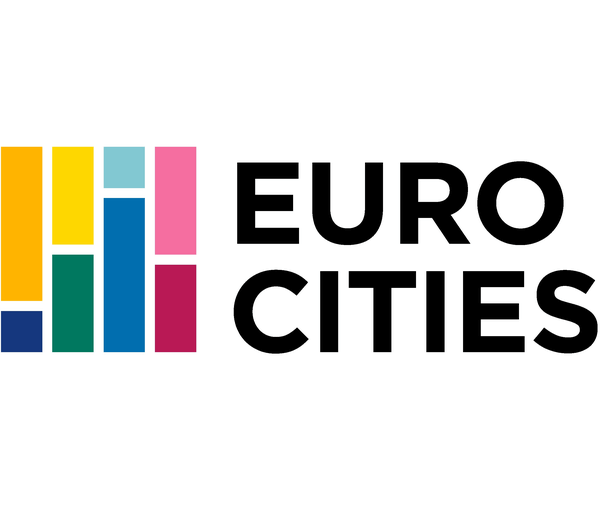 De Energiecentrale - © De Energiecentrale
De Energiecentrale - © De Energiecentrale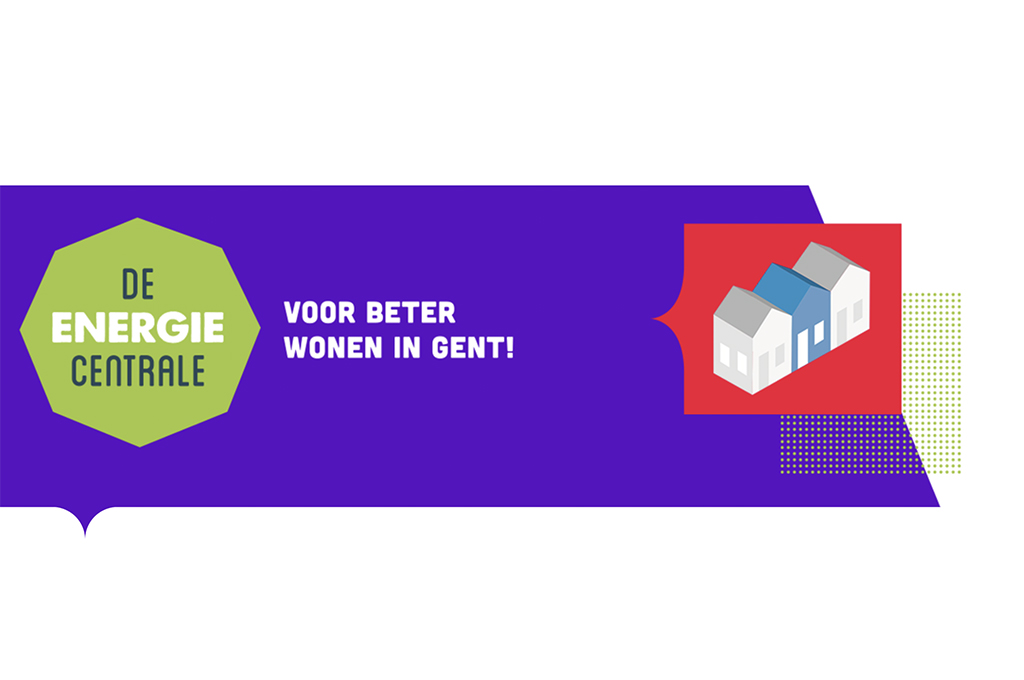 De Energiecentrale - © De Energiecentrale
De Energiecentrale - © De Energiecentrale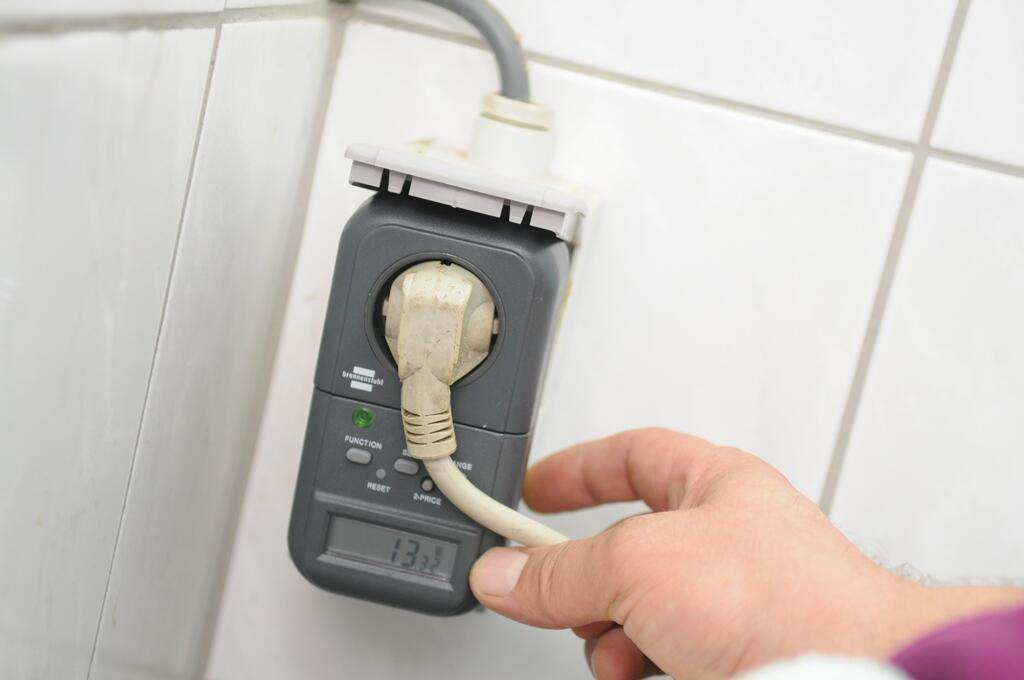 De Energiecentrale - © De Energiecentrale
De Energiecentrale - © De Energiecentrale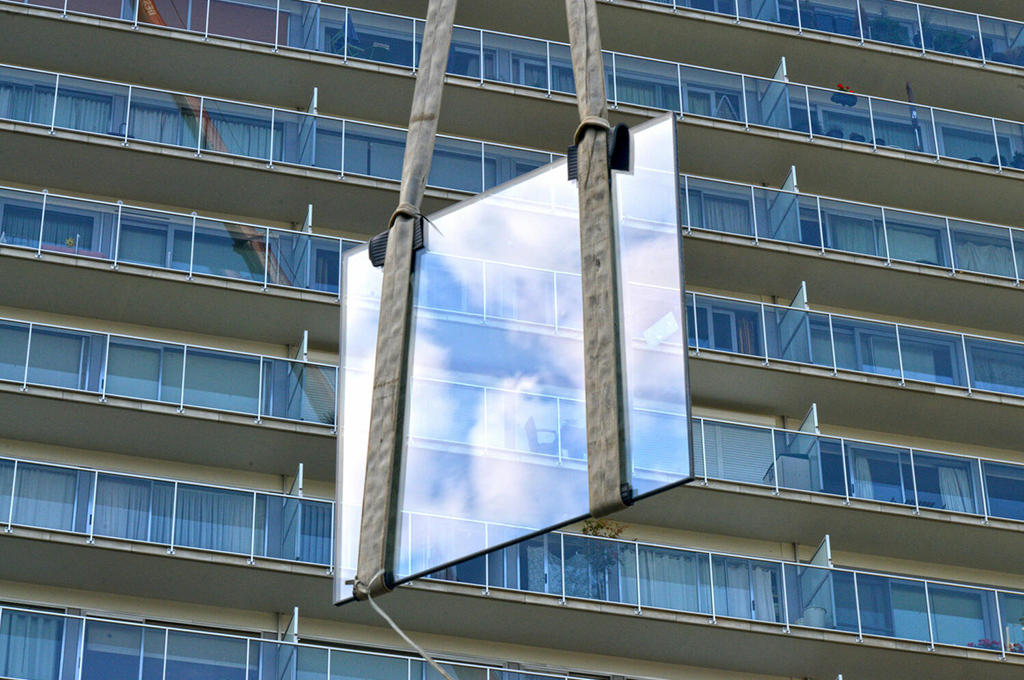 De Energiecentrale - © De Energiecentrale
De Energiecentrale - © De Energiecentrale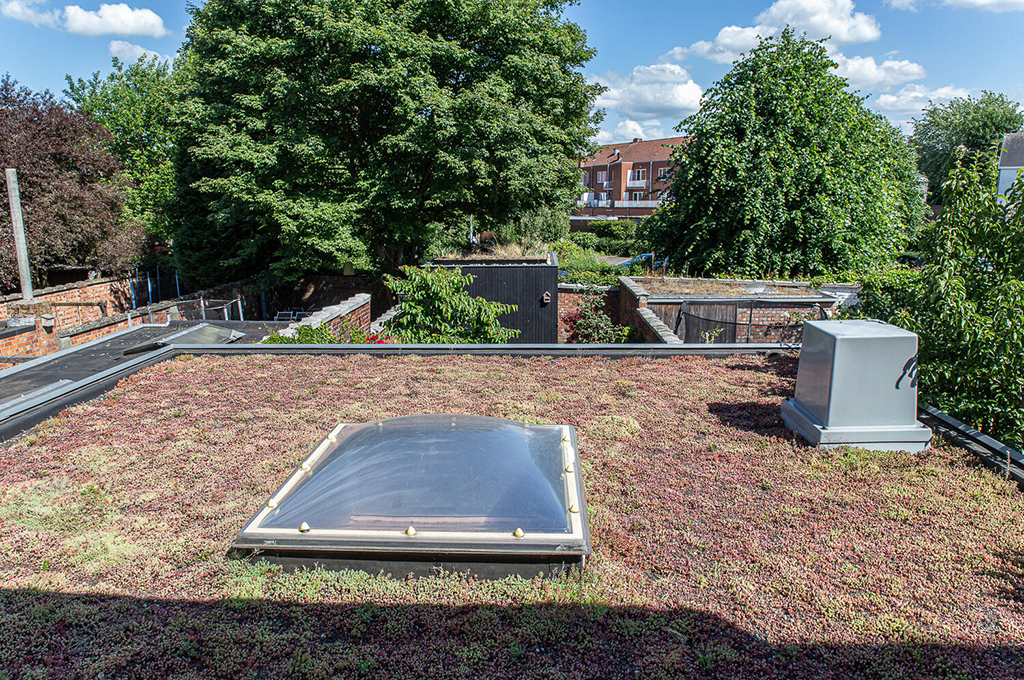 De Energiecentrale - © De Energiecentrale
De Energiecentrale - © De Energiecentrale
City
Ghent
Main actors
Local Government
Project area
Whole City/Administrative Region
Duration
Ongoing since 2014
Ghent’s one stop shop for energy renovations
De Energiecentrale (The Energy Hub) is a one-stop-shop for advice and guidance on increasing the energy efficiency of private homes, established by the City of Ghent. The activities of De Energiecentrale are characterised by a customer-friendly approach. The choices made by homeowners are supported and facilitated at crucial moments. The focus is on eliminating any concerns caused by planning an energy renovation. The personal approach is key to providing appropriate service: Ghentians can choose from a range of services tailored to the state of their home, the available budget and time as well as the know-how to organise a renovation. On the basis of behavioural science and growing insight, De Energiecentrale’s approach is continuously refined and adjusted to minimise thresholds.
Originally published by EUROCITIES, the network of 130 European cities: Link
This project was shortlisted for the Eurocities Awards in 2021 in the following category: Zero pollution – city cooperation strategies.
Eurocities Awards
This project was shortlisted for the 'Eurocities Awards' in 2021 in the following category: Zero pollution – city cooperation strategies..
In 2018, about one quarter of Ghent’s CO2 emissions came from housing. Reducing the energy consumption of homes therefore remains a crucial factor for the achievement of the City’s climate objectives.
To fulfil the objective of reducing energy consumption by 30% by 2030, current efforts need to be re-doubled. It is the City’s aim to draw up an individual step-by- step plan for Ghent homeowners which specifies how to reduce energy consumption and meet the remaining energy demand by means of renewable energy.
In addition to addressing the energy use in the home, the renovation coaches of De Energiecentrale are committed to addressing adaptation issues. Homeowners are also encouraged and supported to retain rainwater, opt for green roofs and facades and pay attention to cooling infrastructure. The coaches also focus on noise pollution, especially when replacing windows or installing outside units for heat pumps.
To achieve zero emission by 2050, ,climate proof homes' play a significant part making the city of Ghent comfortable and affordable city to live in.
The main objectives of De Energiecentrale are to:
- provide customised advice based on a home visit resulting in a long-term step by step plan tailored to homes and people’s budget.
- assist energy renovations insofar as necessary: finding contractors, drawing up an invitation to tender, providing advice when tenders are compared, planning and monitoring the works.
- make energy efficient renovation affordable to as many Ghentians as possible by helping them make use of the full range of financial support options offered by the City of Ghent as well as other government authorities.
- promote and support collective renovations.
De Energiecentrale (The Energyhub) was launched in 2014 to promote and facilitate energy efficient houses in Ghent. A 2016 survey revealed that only 19% of Ghent homes are equipped with energy efficient roof insulation, glazing and heating. This meant that 81% of homes still required taking basic steps, ranging from relatively small interventions such as installing insulation or replacing a central heating boiler to major renovations.
1. Reducing energy consumption for every home in Ghent
Starting out, De Energiecentrale focused on three basic interventions: roof insulation, insulating glass and efficient heating.
The aim was to make this possible for a greater number of Ghentians by providing assistance with customised services ranging from once-only renovation advice, renovation consulting before and during renovation works and financial support to neighbourhood renovations and collective projects.
2. Meet the remaining energy demand by means of renewable energy
After insulation measures have been taken, the renovation coaches from Energiecentrale encourage and support homeowners to take the next step: introducing renewable energy for the remaining energy demand. At first our focus lay on promoting and supporting the installation of solar panels and solar boilers.
Energiecentrale’s key objective is to draw up an individual step-by- step plan for Ghent homes which specifies how to reduce energy consumption and meet the remaining energy demand by means of renewable energy.
3. Preventing energy poverty
As energy pertains to people’s basic needs, energy poverty was and still is a growing concern. The costs of energy consumption take up an ever increasing chunk of the family budget, and not just because of rising energy prices. In vulnerable households, energy bills are often higher than usual due to poorly insulated homes and domestic appliances that consume a great deal of energy.
To address this, De Energiecentrale has worked out a multilevel approach for supporting vulnerable households in lowering their energy bill. The focus is on captive homeowners, captive renters and landlords renting out to low-income tenants.
Starting out the experts from De Energiecentrale focussed on:
- Promoting energy efficient behaviour by means of energy scans and subsidies for energy-saving appliances among tenants and owners who lack the financial resources for renovation.
- Promoting and supporting basic renovations to increase energy efficiency (roof insulation, insulating windows and safe, energy efficient heating) by means of customised renovation guidance.
- Making sure that vulnerable residents are made aware of new renovations projects in their neighborhood and facilitating their participation in these projects.
In implementing these objectives it became clear that a multisided approach was needed. Several factors obstruct homeowners to start or plan energy efficient measures. First of all, energy renovations are often perceived as less urgent or necessary. Lack of (technical) knowledge and the difficulty to find a good contractor is also inhibiting homeowners to take action. Balancing (family) life, work and a renovation is another difficult factor. On top of that any renovation often impacts heavily on the family budget, forcing homeowners to prioritize needs.
To have an extra 2000 households a year undergo energy renovation, a three-sided approach was implemented:
Enthusiasm: Make residents keen to renovate.
Easy: Make renovations as easy as possible by unburdening citizens.
Affordable: Make use of and help out with a full range of financial support options offered by the City of Ghent as well as by other government authorities.
With this integrated and personal approach, the City of Ghent aims to provide an answer to the reservations homeowners may have to implementing energy efficient measures in their homes.
The current budget of de Energiecentrale is around €4.2 M/y and is a result of the expansion over the past 7 years.
- The workforce currently consists of 18 FTE (€1.050.000) and a yearly contract of around €500.000 for outsourcing renovation coaching.
- €100.000/y communication costs
- €50.000/y on improving IT.
- €2.500.000/y for energy loans.
De Energiecentrale has been established by combining city budget, regional and European resources. The city budget is responsible for €3.2 M, regional Flemish government is responsible for €0.7 M. A new ELENA project funded by EIB and started in April 2021 is serving for 5 FTE (€350.000).
As De Energiecentrale aims to be a one stop shop, cooperation many different partners is prerequisite. To begin with, De Energiecentrale as such, is a partnership between the Environmental and Climate Service of the City of Ghent and REGent vzw, an NGO assuming the role of Flemish Energy Counter for Ghentians. Furthermore, the renovation coaches of De Energiecentrale are a mix of their own staff and freelance energy experts and are coordinated by local Climate and Housing NGO’s (MAW, Domus Mundi, Energent)
To successfully roll out a strategy for Energy Poverty, De Energiecentrale works closely together with different social partners: Public Social Welfare Centre, Social Housing, Poverty organisations as well as Fluvius, which is the regulator for electricity and gas distribution for all Flemish municipalities and is responsible for the social supply of energy.
De Energiecentrale is also a partner of the UIA-project ICCARus, which aims at renovating 100 houses of captive homeowners that don’t meet de minimal living standards. ICCARus awards starting capital of €30.000 for each house, which has to be refunded upon change of ownership.
To stimulate solar panels, De Energiecentrale works closely together with Gent Zonnestad, a local NGO promoting solar Energy and Buurzame Stroom (Neighbourhood Power) an experimental project on collective affordable solar power in neighbourhoods and the energy grid of the future.
To promote and support collective renovations De Energiecentrale supports groups of citizens who wish to take renovations initiatives in their street or neighbourhood. Help is provided to them to set up group purchases and support and guide them in convincing their neighbours to join.
De Energiecentrale has also established a program to guide and support the association of co-owners in condominium buildings.
Since the launch of De Energiecentrale in 2014, the range of services provided has steadily expanded, and currently provides an average of 1,000 pieces of customised advice and 400 renovation consultations a year.
Between 2014 and 2019, De Energiecentrale’s approach resulted in €30 M of investments in Ghent homes, creating 660 new jobs in the construction sector. Due to these interventions, an annual total of €1.220.000 was saved on energy bills, equivalent to 5,800 tons of CO2 emissions a year.
In addition, many Ghentians have made their homes more energy efficient by themselves with or without De Energiecentrale’s advice. Over the last decade, energy consumption has been reduced by 16% and CO2 emissions by 27.6%.
Over the past few years, many Ghentians have succeeded in reducing their energy consumption. This process has been accelerated by the successful actions taken by De Energiecentrale to eliminate the concerns of homeowners.
However, through our experience, we have come to understand that there are still some challenges that need to be addressed. In the coming years, activities will be expanded further so that the City can facilitate energy-saving renovations for any home:
Pave the way for Non-Gas Heating by expanding the advice to new builds and extensive renovations.
As more and more people become aware of the necessity of insulation, the City also wants to guide citizens through the next step towards zero emission buildings. As renewable energy technologies are constantly evolving, De Energiecentrale provides information and support to prepare a greater number of homes for non-gas heating and advice is provided by De Energiecentrale to new residential buildings and deep renovations.
Targeted support of Decision-making Behaviour of Ghentians who undertake renovations
Strengthen De Energiecentrale’s regular activities to align its services to customers’ decision-making behaviour. Behavioural research and permanent evaluations of the existing services are conducted with a view to adjusting the range of services to lower the thresholds for Ghentians. In addition to the elimination of technical concerns, renovation consultants also take care of the administrative procedures, if required.
Set up a Rolling Fund that grants Affordable Energyloans
Financial thresholds continue to be the principal factor in delaying energy-saving renovations. The available subsidies can be an additional incentive but are often insufficient. Since the subsidies are only paid after completion of the work, there may be a financial threshold for people who have difficulty prefinancing the investment or getting a loan from a bank.
To enable every Ghentian to start a renovation, even those with insufficient savings or those who cannot get a loan from a bank, the city of Ghent has started an innovative revolving climate fund. With this fund, we offer loans with a longer repayment term and a low interest rate (0% for the vulnerable target group). These loans not only solve the (pre)financing problem but also make it possible to carry out more significant renovations, making the decrease in energy bills immediately visible. The available Flemish subsidies are used for partly paying back the loan, so that monthly instalments can be lowered. This should also allow for multiple renovations at once if needed, thus enabling a real decrease of energy costs.
Always on Communication Campaigns
Finally, permanent communication and online tools such as www.checkjehuis.gent ensure that all Ghentians are encouraged to renovate their home. In addition to this personal approach towards homeowners, the City also focuses on large-scale projects and supports initiatives for collective renovations and offers alternative sustainable options for major project developments.
Integrate Basic Housing quality as a prerequisite for Energy-Saving Renovations
Electricity, structural dampness and inadequate sanitary facilities hinder energy-saving interventions. De Energiecentrale will integrate the monitoring of basic housing quality measures if required for energy-saving renovations in case of owners and/or occupants with limited income.
Scale up the Activities tailored to Condominiums
Making condominiums more energy efficient is often complex and requires a distinct approach. The activities aimed at associations of co-owners and property managers will be expanded by supporting and accelerating collective decision making. The aim is to increase the number of renovated rental flats on the basis of a mix of owners / occupants and owners / landlords of blocks of flats.
The COVID-19 pandemic has highlighted the importance of comfortable yet affordable homes. The crisis has had a big impact on our daily lives and the way we use our homes. Working from home, being temporary unemployed and home-schooling say everyone spending a lot more time at home. Heating the house suddenly meant a serious increase in energy bills - especially those homes which had insufficient insulation. As a result, energy poverty is an issue for more and more people. Furthermore, ventilation has never been a more pressing topic.
At the same time, COVID19 restrictions prevented renovation coaches to do the necessary home visits and a digital advice service through video calls was set up. For those not comfortable with a digital approach, doorstep-meetings were organised,
De Energiecentrale Ghent: Link
External links / documents
On Map
The Map will be displayed after accepting cookie policy
